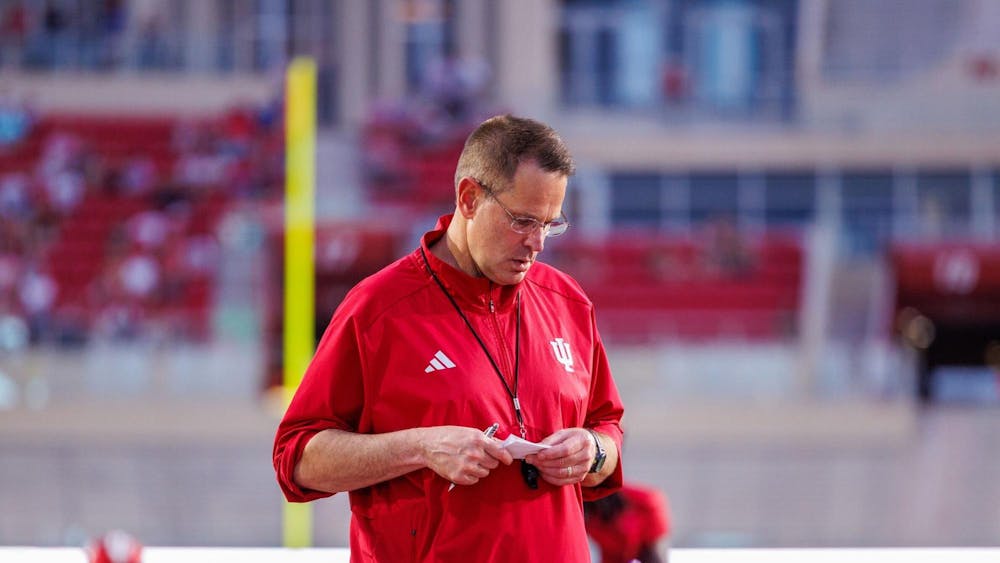Centerstone, a nonprofit organization, will increase access to quality mental health care and substance abuse treatment to combat high transient populations in southern Indiana.
The Centerstone Connections program will take advantage of a $1.2 million grant from the Substance Abuse and Mental Health Services Administration.
Monroe County is one of the 10 counties to which the program will reach out. It was selected because it was identified as an area with a higher-than-normal population of homeless people.
“Through this program, Centerstone will be able to give many of our most vulnerable Hoosiers the support they need to break the cycle of homelessness,” said Suzanne Koesel, CEO of Centerstone’s Indiana operations, in a press release. “This initiative doesn’t just find places for people to live, it addresses the root causes contributing to their homelessness and provides real solutions that enable them to lead healthier and more productive lives.”
The program focuses its efforts on homeless veterans or individuals who experience chronic homelessness, Centerstone Connections manager Brian Meyer said.
When a transient individual is in recovery from addiction, they could relapse, and many programs assisting the homeless have a zero-tolerance policy for substance abuse, thus rejecting the homeless individual from the program, Meyer said.
He said he disagrees with these types of policies and believes the Centerstone Connections program will be successful because it will continue to support individuals even through their struggles.
“It’s a process, and I think that’s what I like most about it,” Meyer said. “We view it as a journey rather than a black and white system.”
Meyer said the program started taking referrals in October and has already placed 13 transient individuals in permanent housing.
The process will begin with community outreach — identifying candidates for assistance and building a relationship with them, getting the candidate to trust the program.
Trust can often be a huge barrier between homeless and addicted people getting the help they need, Meyer said.
“For some folks, the first big hurdle to cross is just to build that relationship,” Meyer said.
Going out into the community and building relationships rather than asking transient people to come to program workers will be key, Meyer said. Part of the program revolves around this — reducing any possible inconvenience the transient individual might experience so as to encourage them to get the help they need.
For example, Meyer said, the program will assist homeless people in applying for benefits for which they may be eligible — Medicaid, social security disability and subsidized housing.
These programs can often be difficult or confusing to people not well versed in using a computer or not easily able to traverse the city to fill out necessary paperwork.
The program, and Centerstone in general, is important for not only individual transient people, but also the community as a whole, Meyer said. It’s been successful so far, and he said he expects this to continue.
“Anytime you’re dealing with human beings, there’s that unknown factor,” Meyer said. “But I do believe that we’re going to see a degree of success.”






